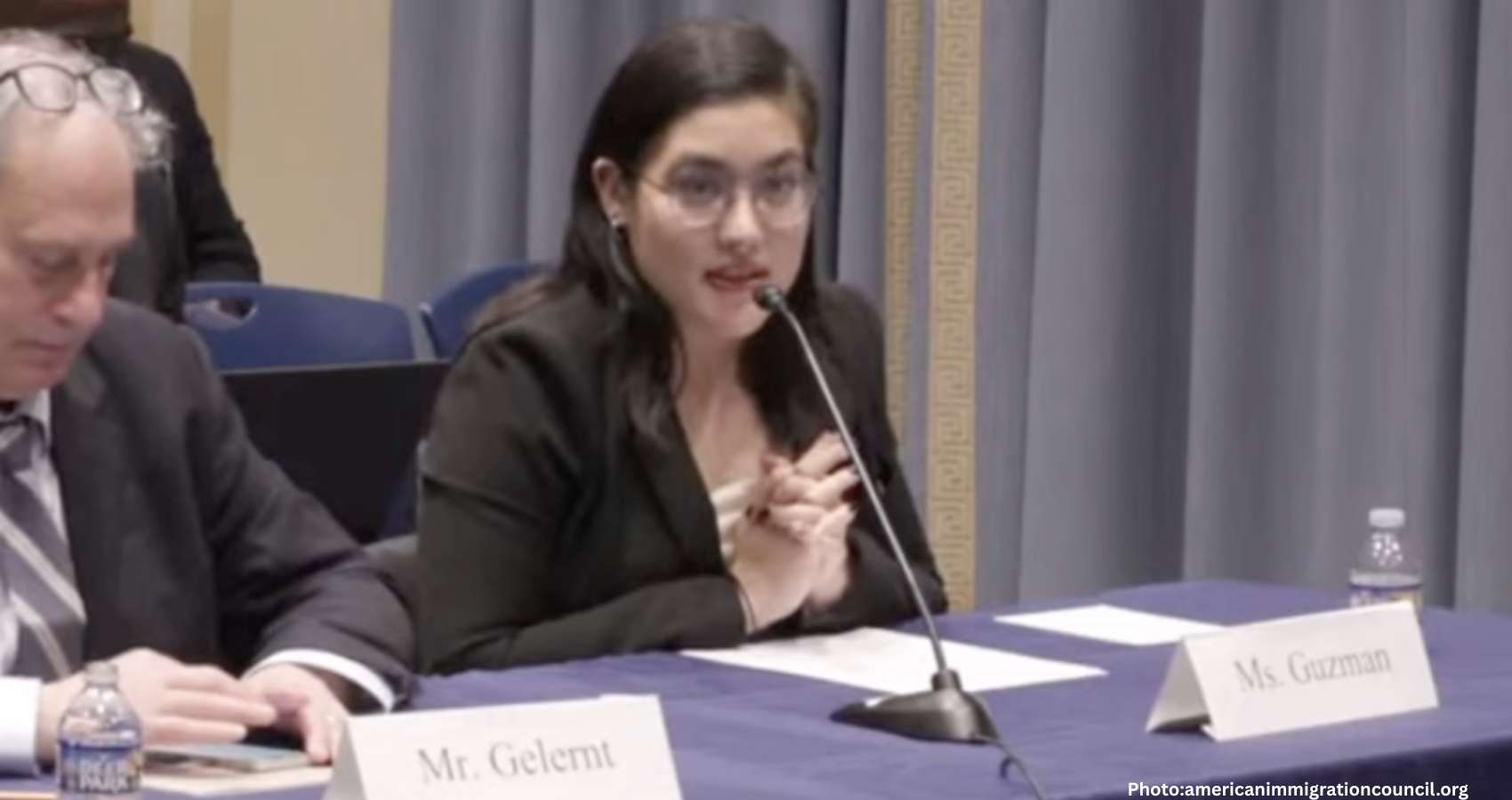Beatriz, a Venezuelan-American lawyer, faces challenges in advocating for unaccompanied minors amid changing immigration policies and a climate of fear affecting her community.
In February 2025, Beatriz, a Venezuelan-American lawyer, received an unexpected order from the Interior Department directing her nonprofit organization to cease all operations. Beatriz specializes in representing unaccompanied minors—children navigating immigration proceedings without their parents. These vulnerable youngsters often find themselves living with relatives, placed in foster care, or detained in facilities, facing a daunting system alone.
Beatriz’s own journey began when she immigrated to the United States at the age of eight, fleeing violence and political persecution in Venezuela. Having witnessed her parents struggle through numerous meetings with immigration lawyers, she decided to pursue a legal career to help others in similar situations. “I know how terrifying it is to be a child, alone and unable to speak English, trying to deal with authority figures,” Beatriz reflects. “That’s why I became a lawyer, to bring some empathy to that process.” Today, she is a U.S. citizen dedicated to advocating for those who are not.
The abrupt stop-work order disrupted Beatriz’s efforts to assist these children. “It came completely out of the blue—suddenly, everything changed,” she recalls. The order led to the cancellation of federal contracts, forcing organizations like hers to reduce staff and resources. “For those of us left, it was all hands on deck,” Beatriz explains, highlighting the urgency of their mission.
Although the stop-work order was eventually rescinded, the legal battles surrounding the canceled contracts continue. The immediate impact, however, has been severe. “In practical terms, it left children without anybody to advocate for them,” Beatriz states. During this period, she and her colleagues attended numerous hearings to observe and take notes. In one particularly heartbreaking instance, Beatriz witnessed a confused six-year-old appear in court without any legal representation. “These young children are being brought to immigration hearings—speaking no English, and without a lawyer—to try to explain why they shouldn’t be deported,” she laments.
The situation has been exacerbated by the use of “rocket dockets” in immigration courts, which cram multiple hearings into a single day. “They started fast-tracking kids through the system at a time when we weren’t able to accompany them,” Beatriz says, expressing her concern over the increasing challenges faced by unaccompanied minors.
Beatriz has also observed the chaos that ensues when caregivers are detained by Immigration and Customs Enforcement (ICE). Some of her young clients have been placed in detention or foster care, while the government has sometimes refused to disclose the whereabouts of their caregivers. “It’s something none of my superiors—including people who worked during Trump’s first term—have ever experienced before,” she notes, highlighting the unprecedented nature of the current climate.
As a result, Beatriz frequently encounters children who are afraid to attend school or even leave their homes. “So much of my job is now simply dealing with anxious kids,” she says. “Pretty much every one of these children has a deep sense that the U.S. is no longer a safe place for them.”
This pervasive fear extends beyond the children to Beatriz’s entire community. Even before the Trump administration canceled Temporary Protected Status for approximately 350,000 Venezuelans, her WhatsApp groups were filled with messages from individuals whose loved ones had disappeared from their neighborhoods. “I have friends who are scared to step onto the street,” she shares. “The demonization of my culture and my community is really hurtful, and really harmful.”
With discussions around denaturalizing or deporting U.S. citizens to foreign prisons and eliminating due process for migrants, Beatriz worries for the safety of her own family, all of whom are now American citizens. “We worked hard to get citizenship, but there’s a real fear that even that won’t protect us,” she says. “For Venezuelans, the feelings of insecurity are always present. It really weighs heavily on us.”
Beatriz’s commitment to her work remains steadfast, even in the face of adversity. She continues to advocate for unaccompanied minors, striving to ensure that these children receive the legal representation and support they desperately need.
Source: Original article

